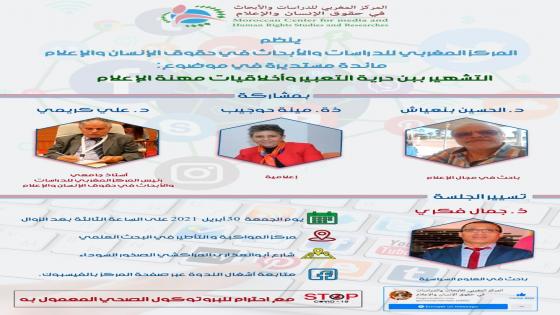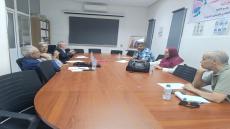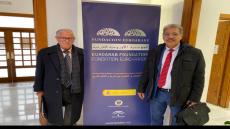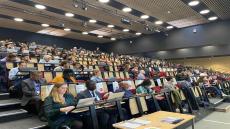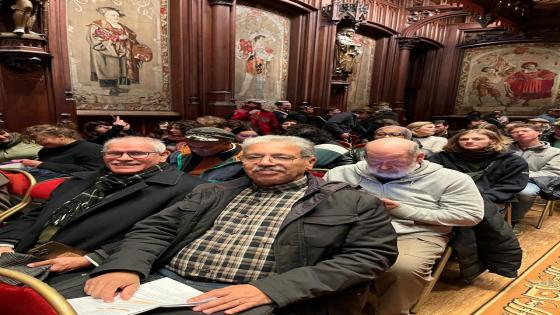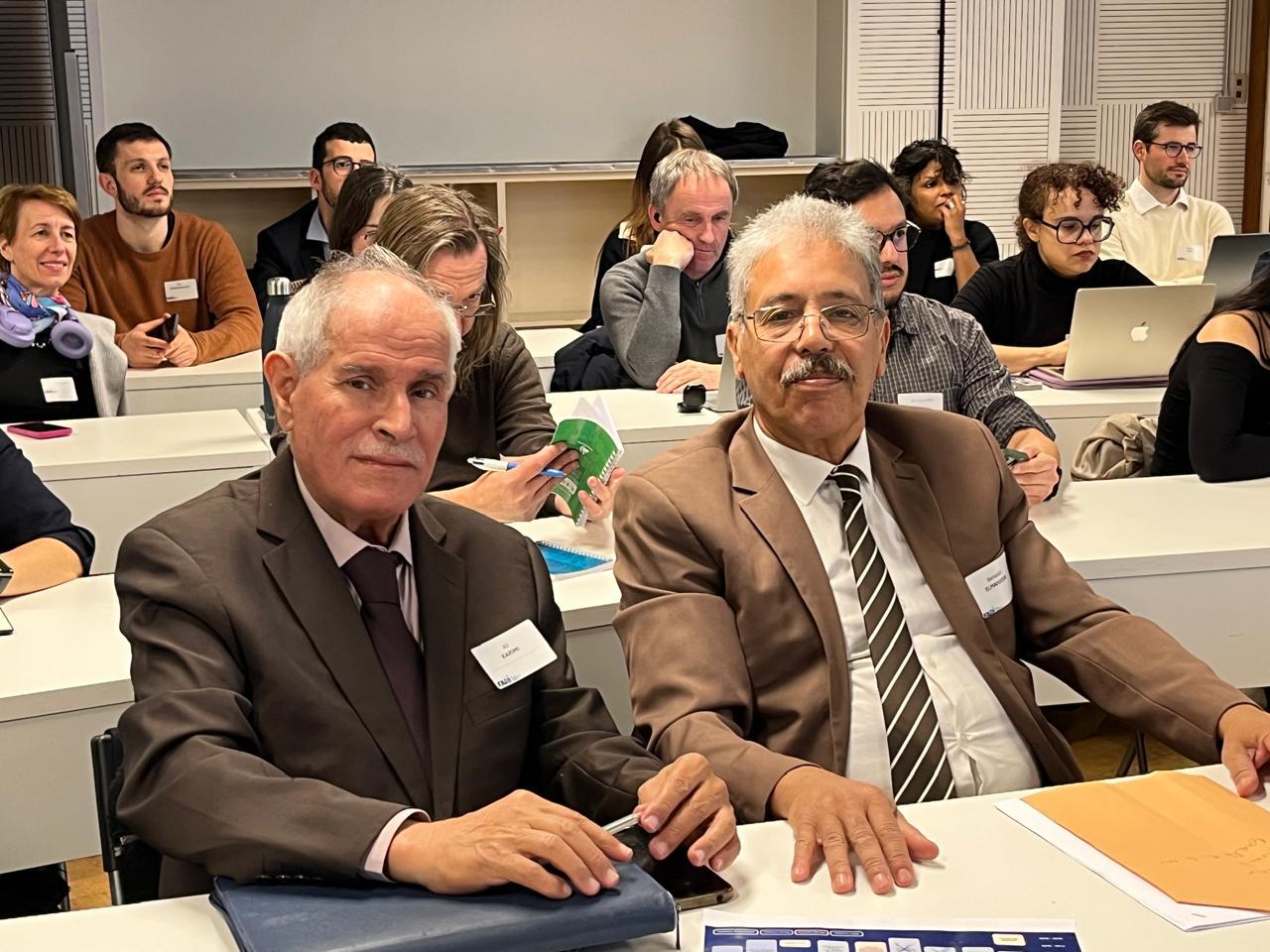
شارك المركز المغربي للدراسات والأبحاث في حقوق الإنسان والإعلام في يوم دراسي دولي احتضنه مركز الندوات في بروكسيل، خُصِّص لمناقشة تأثيرات استعمالات الذكاء الاصطناعي على المسار الديمقراطي، وذلك في إطار الدورة الرابعة للمؤتمر السنوي الذي ينظمه معهد الذكاء الاصطناعي من أجل الصالح العام التابع لجامعة بروكسيل الحرة وجامعة Vrije يومي 17 و18 نونبر الجاري.
وحضر المركز هذا اللقاء في شخص كل من الأستاذ علي كريمي، رئيس المركز، والأستاذ المحجوب بنسعيد، مستشاره في العلاقات الخارجية والتعاون، حيث تابعا مختلف الجلسات العلمية وتبادلا النقاش مع الباحثين والخبراء حول التحديات التي يطرحها الذكاء الاصطناعي على العملية الانتخابية، وعلى منظومة حقوق الإنسان، وعلى مستقبل الممارسة الديمقراطية في المجتمعات الأوروبية.
وتناول اليوم الدراسي قضايا متعددة من بينها مخاطر التلاعب باستطلاعات الرأي خلال الحملات الانتخابية، وإمكانات الذكاء الاصطناعي في الحد من التمييز وتعزيز التواصل بين الثقافات، إضافة إلى الإشكاليات الأخلاقية التي ترافق تطور هذه التقنيات الحديثة.
ويُذكر أن معهد الذكاء الاصطناعي من أجل الصالح العام هو مؤسسة بلجيكية غير ربحية تنظم منذ سنة 2021 مؤتمراً سنوياً يُعنى بدراسة الأدوار المتنامية للذكاء الاصطناعي والروبوتات في المجتمعات الأوروبية.
—
*بروكسيل – المحجوب بنسعيد
———————
The Moroccan Center for Studies and Research in Human Rights and Media took part in a study day held at the Brussels Conference Center, dedicated to examining the impact of artificial intelligence (AI) on the democratic process. This event was organized as part of the fourth annual conference of the Institute of Artificial Intelligence for the Common Good, affiliated with the Free University of Brussels and the Vrije Universiteit Brussel, and held on 17–18 November.
The Center was represented at the event by Mr. Ali Krimi, President of the Center, and Mr. El Mahjoub Bensaïd, Advisor for External Relations and Cooperation, who followed the various scientific sessions and engaged in discussions with experts and researchers on the challenges posed by AI to electoral processes, human rights systems, and the future of democratic practice in European societies.
The study day addressed several key issues, including the risks of manipulating opinion polls during election campaigns, the potential of AI to help reduce discrimination and strengthen intercultural dialogue, as well as the ethical concerns surrounding the rapid development of these technologies.
It is worth noting that the Institute of Artificial Intelligence for the Common Good is a Belgian non-profit institution that has been organizing an annual conference since 2021, dedicated to examining the growing role of artificial intelligence and robotics in European societies.
Brussels – El Mahjoub Bensaïd




